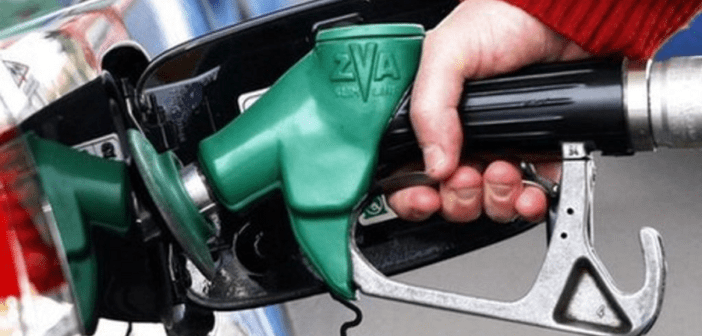(TOI)
The Union ministry of petroleum and natural gas (MoPNG) in an affidavit to the Supreme Court recently has informed that emission benefits are much lower if BS VI fuel is used in BS IV compliant or lower vintage vehicles. It stressed that the full pollution benefit of clean fuel can only be derived when the vehicles are also BS VI compliant. Also, existing vehicles will have to be retrofitted with necessary equipment like catalytic converters, diesel particulate filter, and selective catalytic reduction to get air pollution benefits from BS VI fuel.
Delhi is the first city to be supplied BS VI fuel in the country. BS VI grade fuel was rolled out here from April 1, 2018, two years in advance of the national deadline of April 1, 2020 in view of severe air pollution in the capital. But it may be sometime before Delhites can enjoy full benefits of BS VI fuel.
According to the affidavit, public sector unit oil marketing companies (OMCs) have informed the ministry that fuel change to BS VI will only lead to marginal reductions (0.5%) in particulate matter (PM) emissions and insignificant difference in oxides of nitrogen (NOx) emissions from BS IV heavy duty diesel engines and diesel passenger cars.
However, “the reduction in poly-aromatic hydrocarbons (PAH) in diesel fuel from 11% in BS IV to 8% in BS VI fuel is expected to reduce carcinogenic emissions,” the ministry said. It added that in case of petrol cars, the BS VI fuel may show a slight reduction in regulated emissions due to improved performance of catalytic converters in petrol cars. But automobile manufacturers recently told the SC-mandated Environment Pollution Control Authority (EPCA) that early introduction of BS-VI-compliant cars in the capital was nearly impossible. They said no retrofitment was possible on older vehicles, particularly BS-II and BS-III, either.





